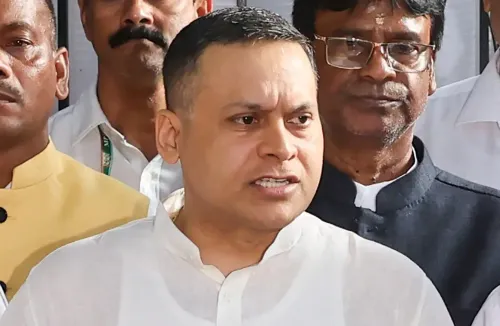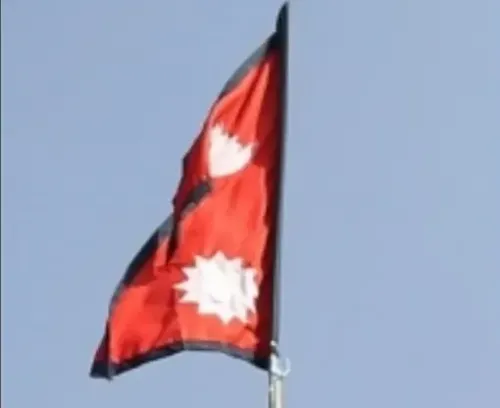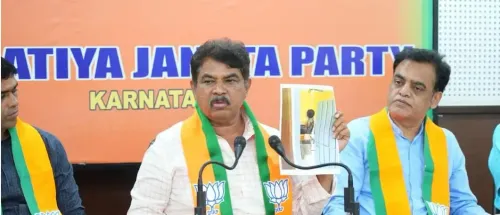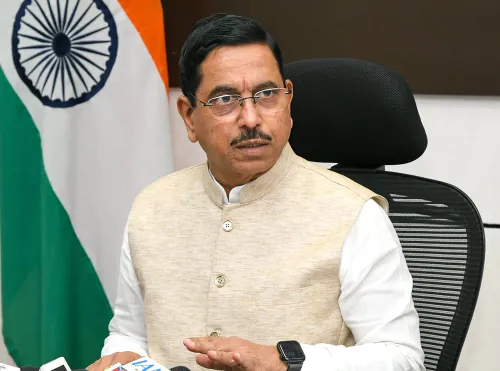What Relief Has the Centre Provided to Textile Exporters?
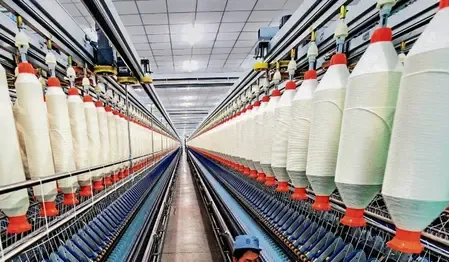
Synopsis
Key Takeaways
- EO period extended from six to 18 months for QCO-subjected products.
- Measures will improve ease of doing business in the textile sector.
- Duty-free imports of inputs will continue under the Advance Authorisation Scheme.
- Significant relief for exporters of man-made fibre (MMF).
- Government support through various initiatives enhances competitiveness.
New Delhi, Aug 30 (NationPress) The textile industry expressed its appreciation on Saturday for the significant action taken by the Directorate General of Foreign Trade (DGFT), which has extended the Export Obligation (EO) period under advance authorisation for products that are subject to mandatory Quality Control Orders (QCOs) issued by the Department of Chemicals and Petrochemicals (DCPC).
Concerning the QCOs announced by the Ministry of Textiles, the EO period under advance authorisation has already been lengthened from six months to 18 months.
These initiatives are expected to deliver timely and essential relief to exporters of man-made fibre (MMF) textiles and technical textiles, according to an official announcement.
Such measures will enhance the ease of doing business and boost the competitiveness of Indian products.
Under the Advance Authorisation Scheme, duty-free imports of inputs for physical exports are allowed, eliminating the mandatory compliance with QCOs for these imports.
This flexibility guarantees the ongoing availability of crucial raw materials for the textile sector and supports uninterrupted export activities, as stated.
Significantly, approximately 18% of all advance authorisations are allocated to the textile industry, highlighting the importance of this facilitation measure.
The import duty on cotton (Harmonized System code 5201) has been waived until December 31, 2025, further enhancing raw material accessibility for the industry.
The government, through initiatives such as the Production Linked Incentive, the National Technical Textiles Mission, and the aforementioned measures, continues to bolster the textiles and technical textiles sectors, which are vital growth areas for textile production.
India's exports across the entire MMF value chain were valued at $8.46 billion in 2024-25, which includes $401 million in MMF fibre exports.
These decisions are aimed at alleviating input cost pressures, ensuring raw material security, and enhancing the global competitiveness of Indian textile exports.
The proactive and forward-thinking measures and interventions by the DCPC and DGFT are noteworthy.

